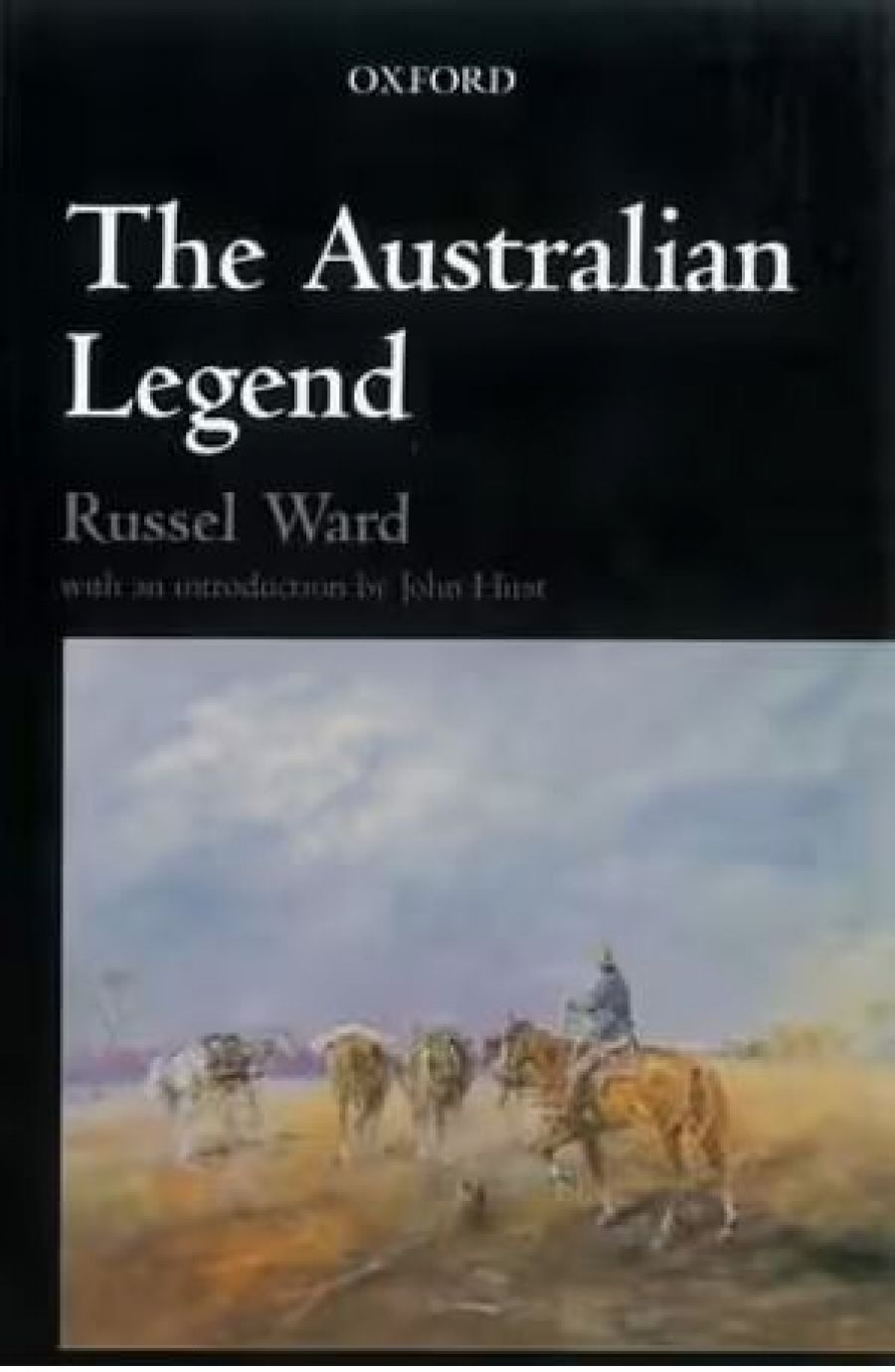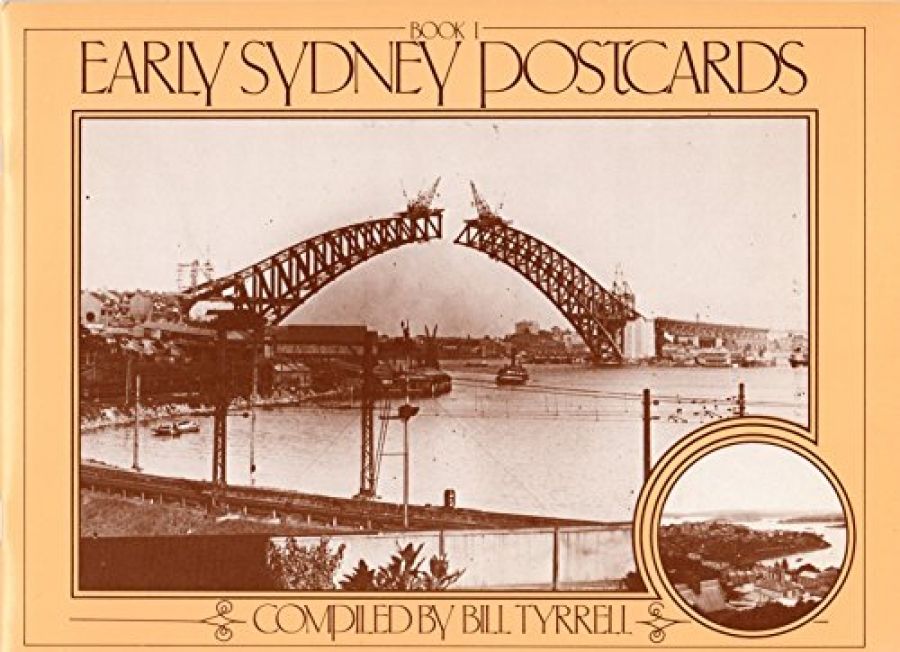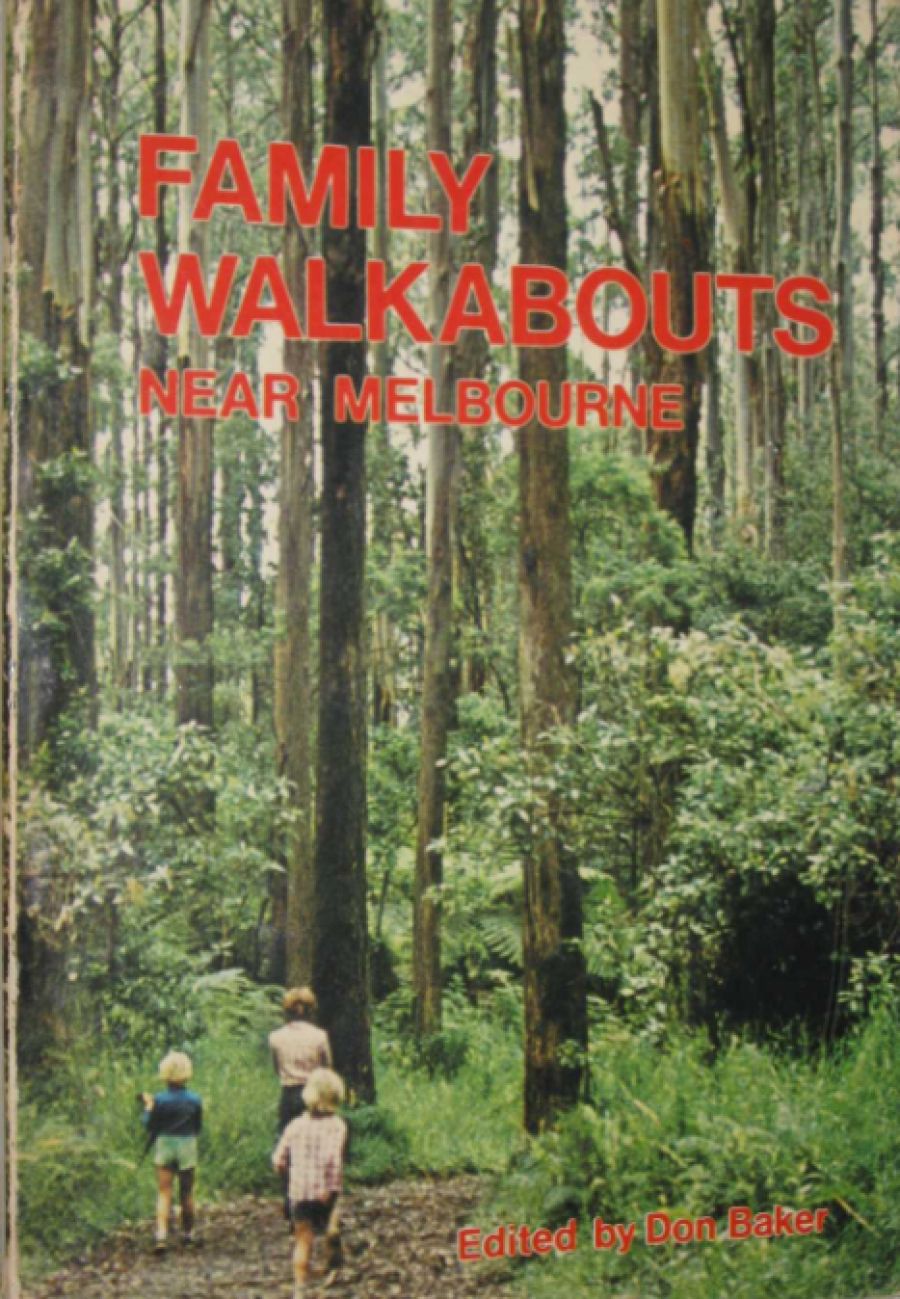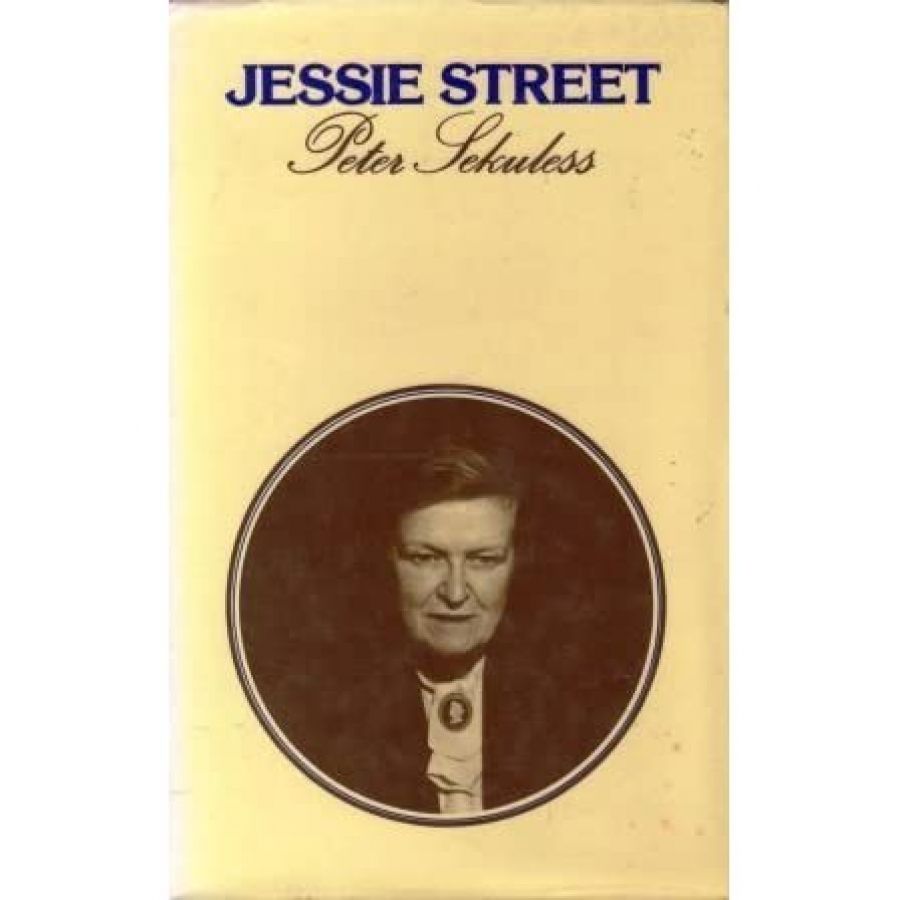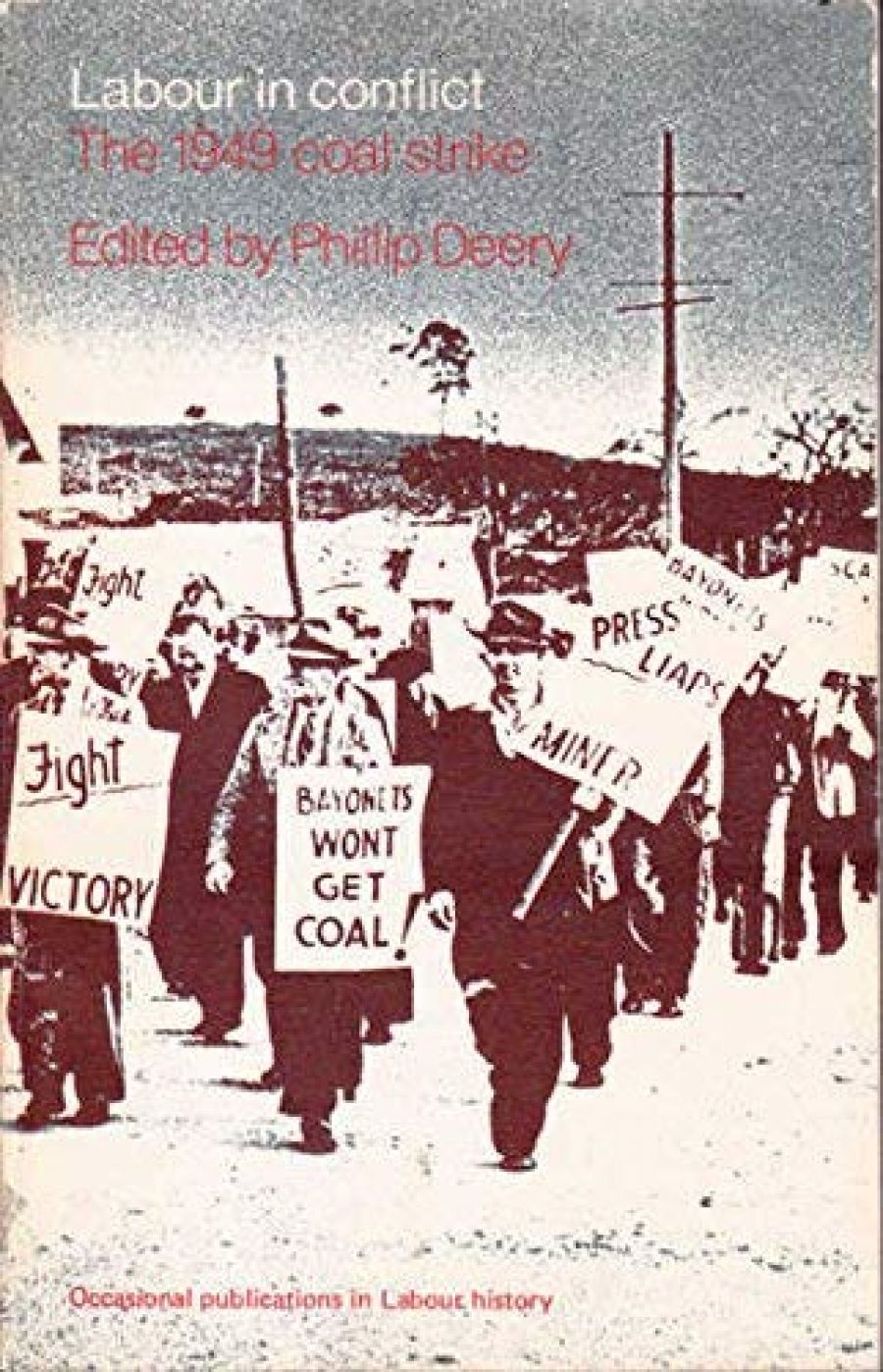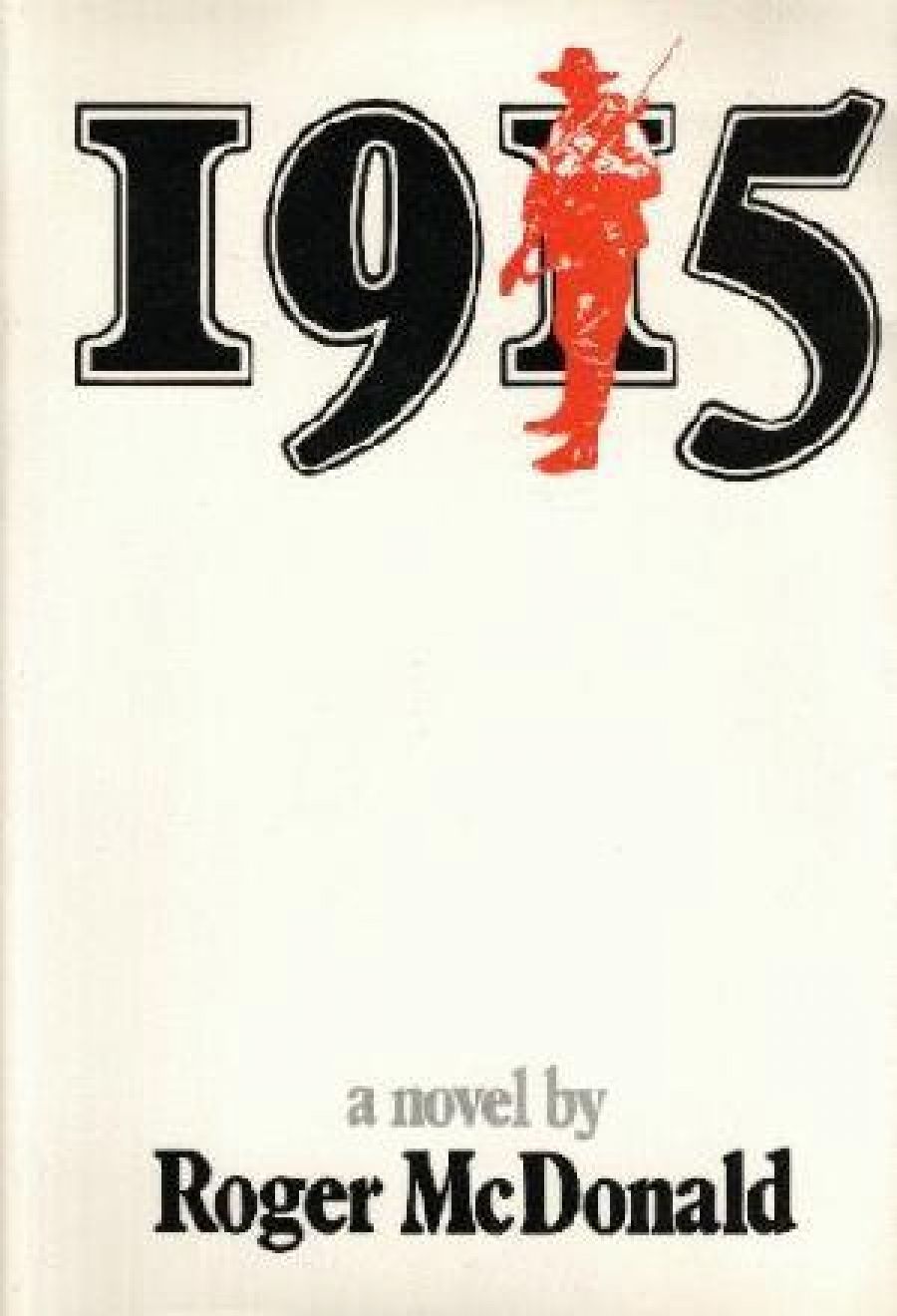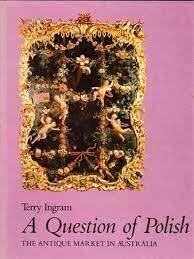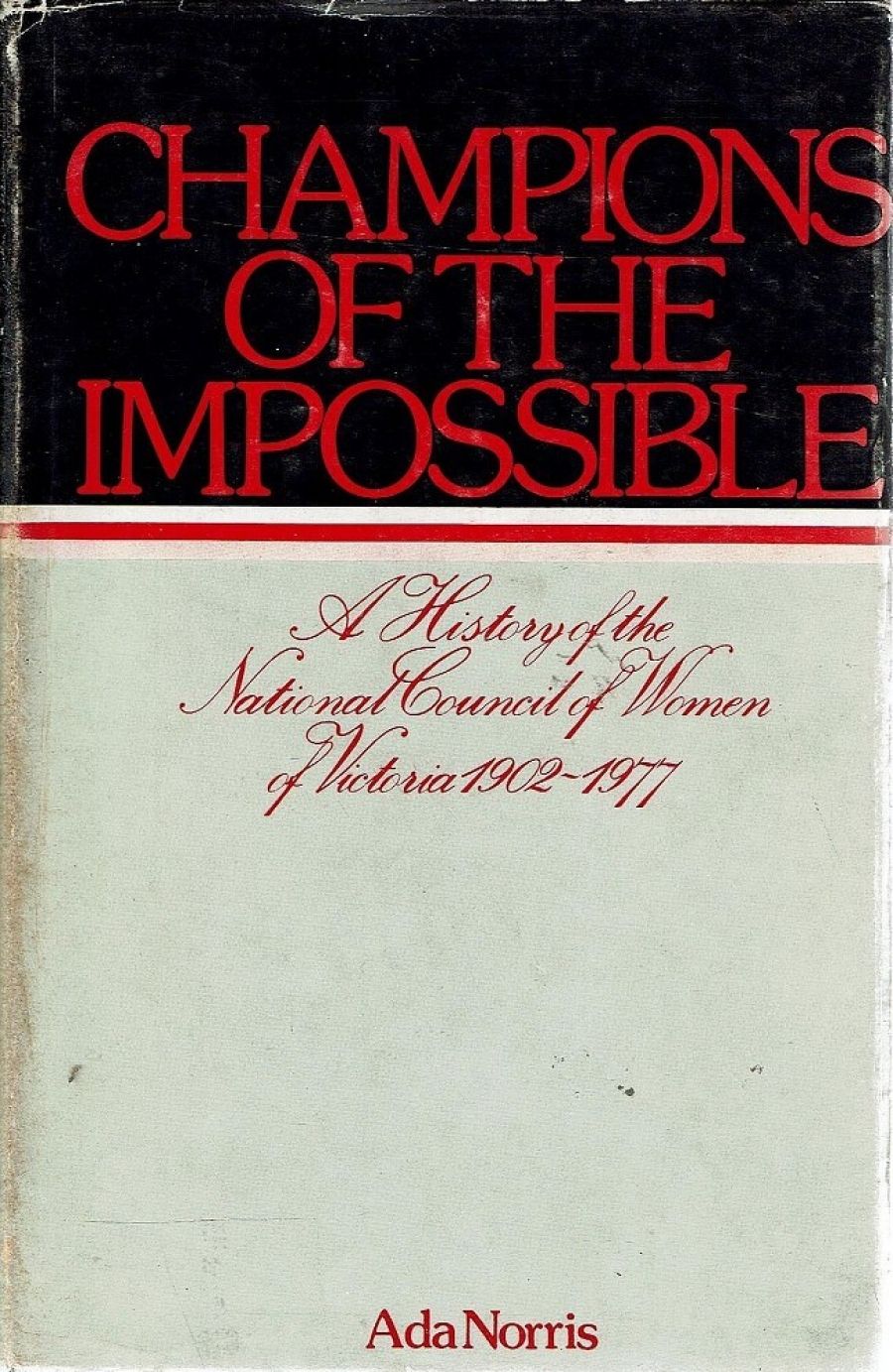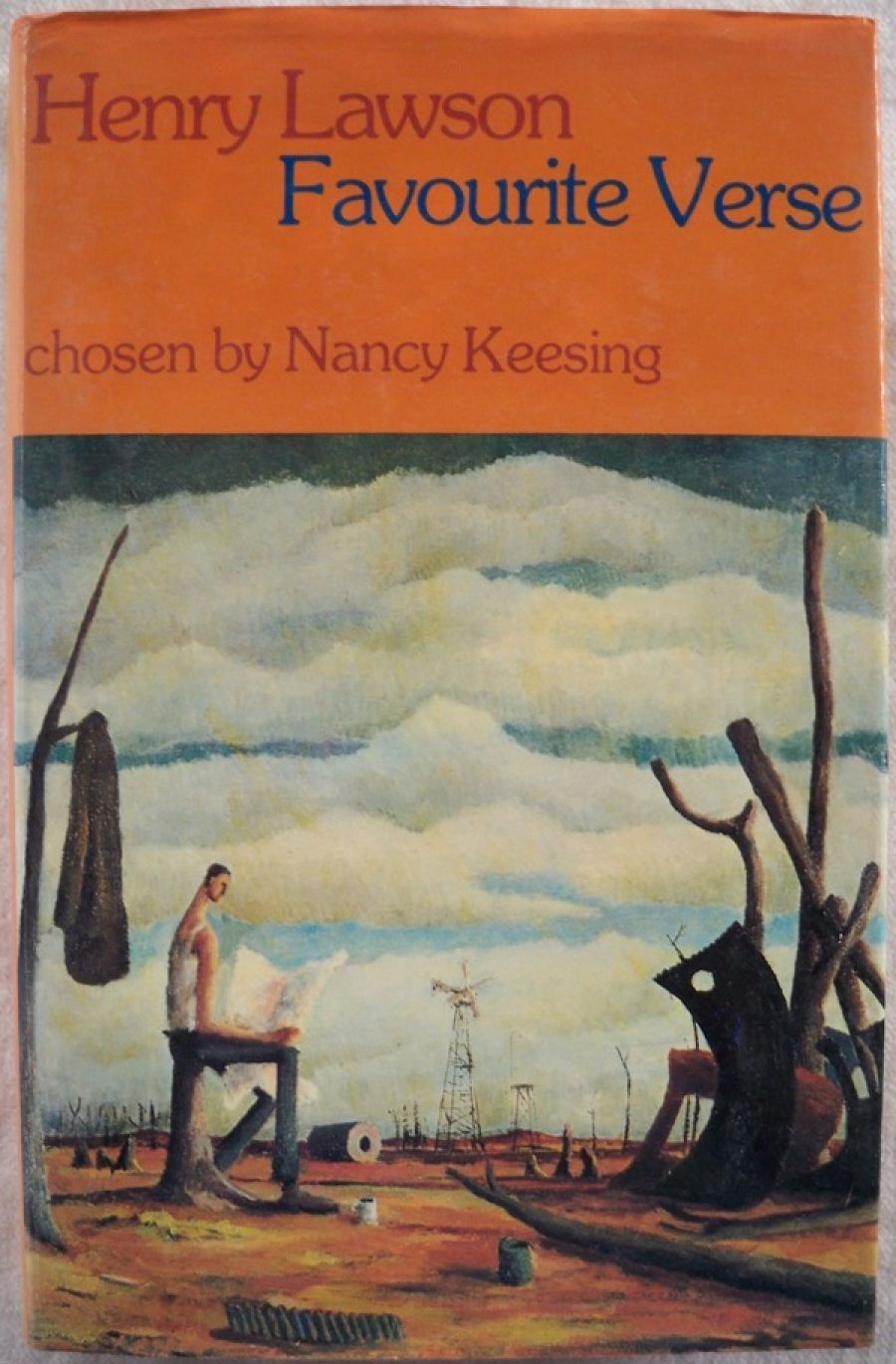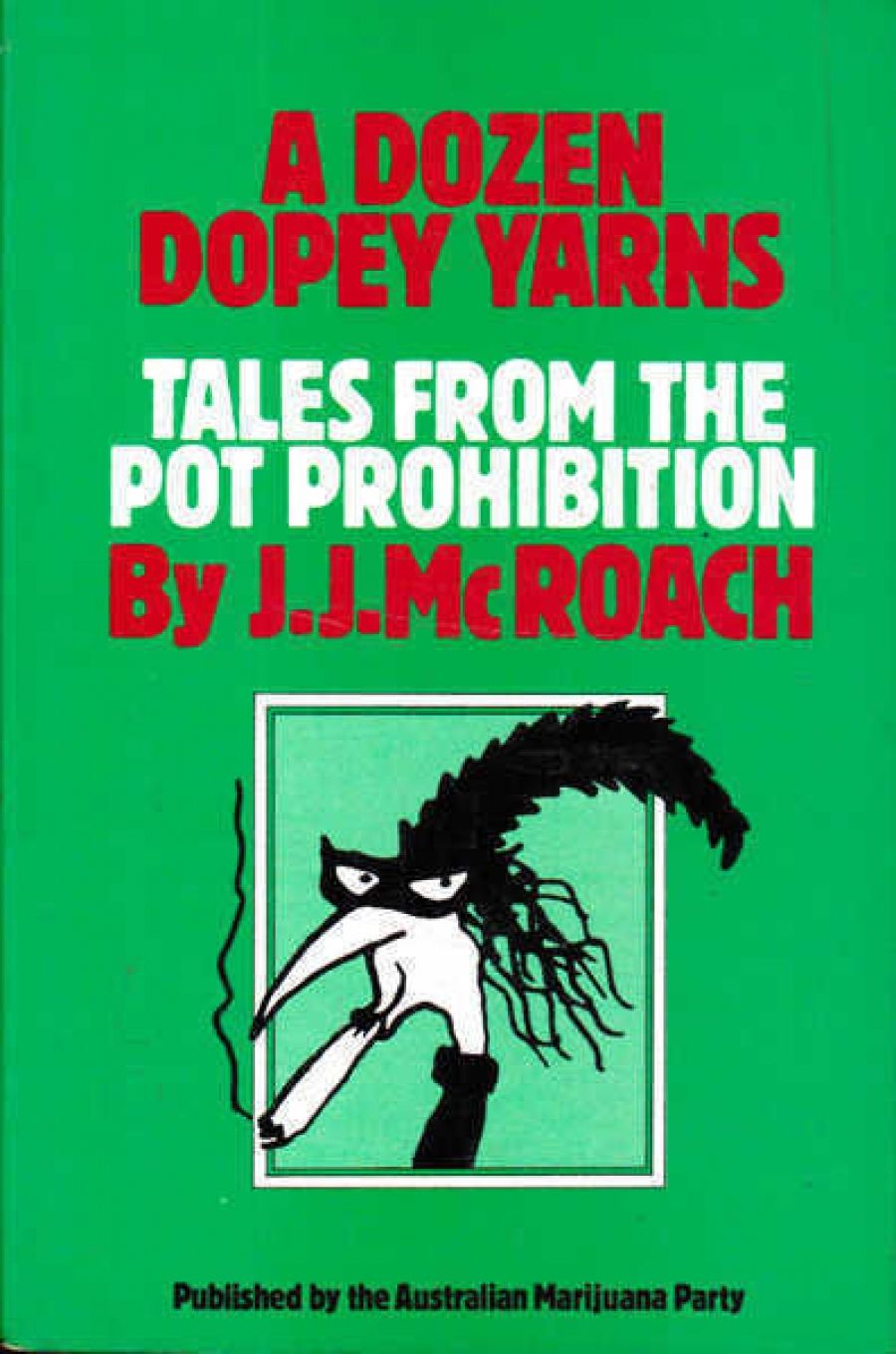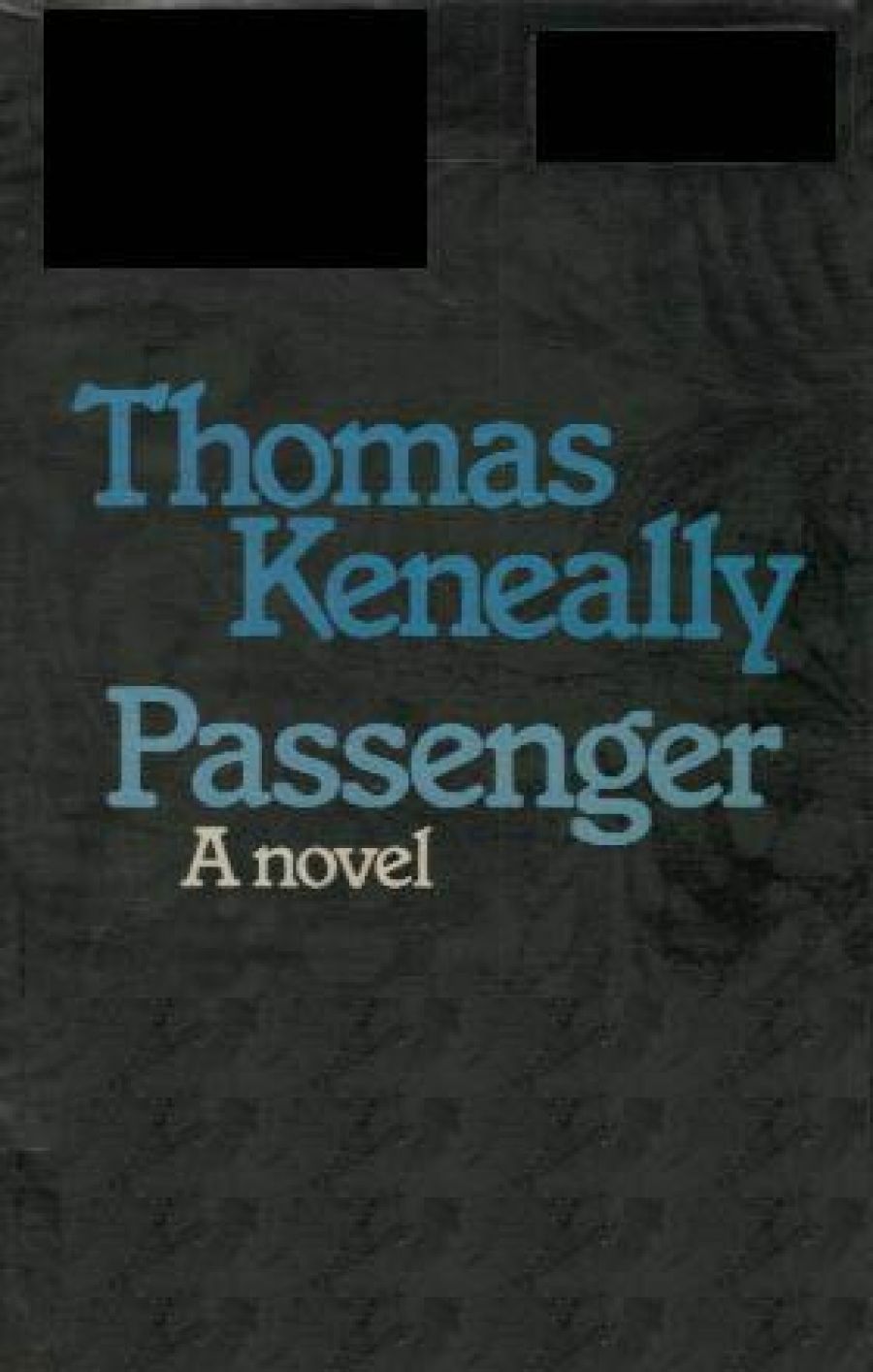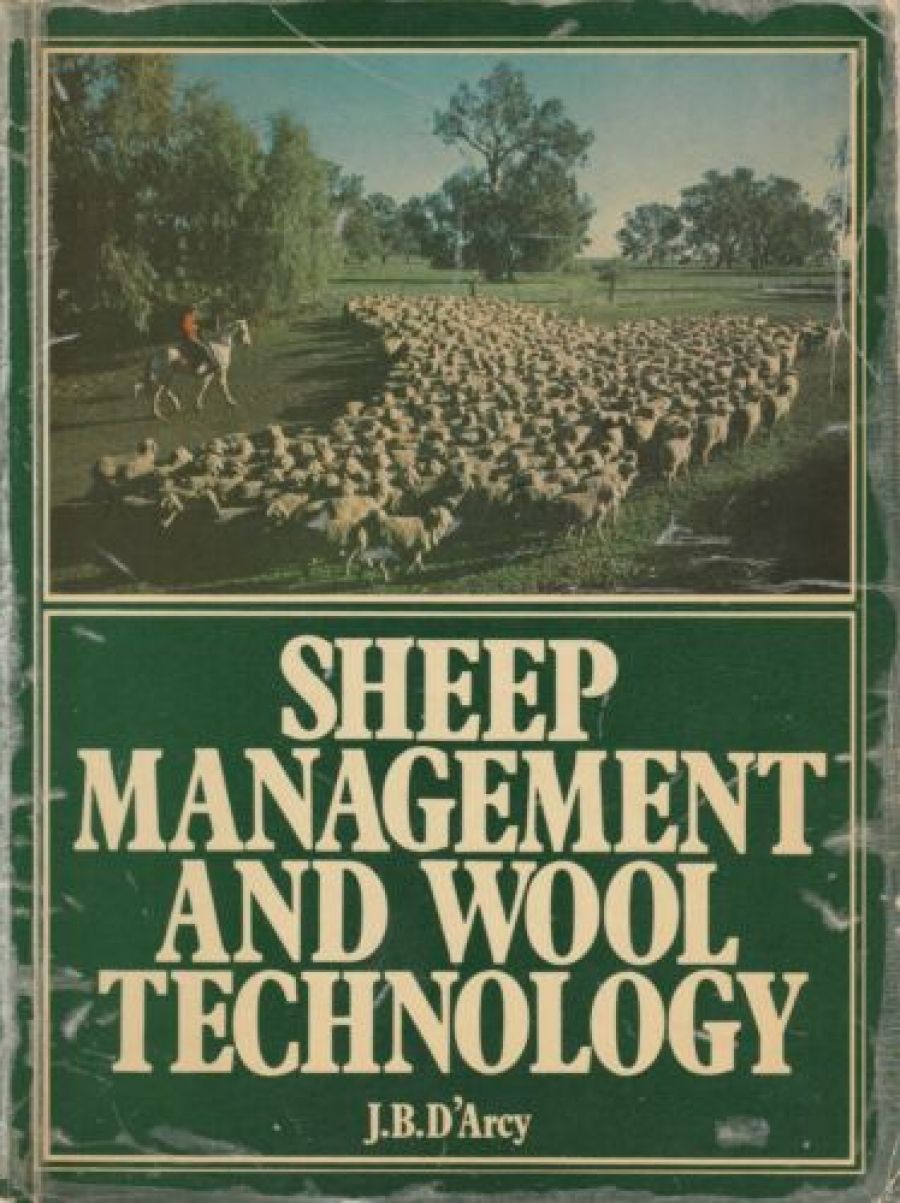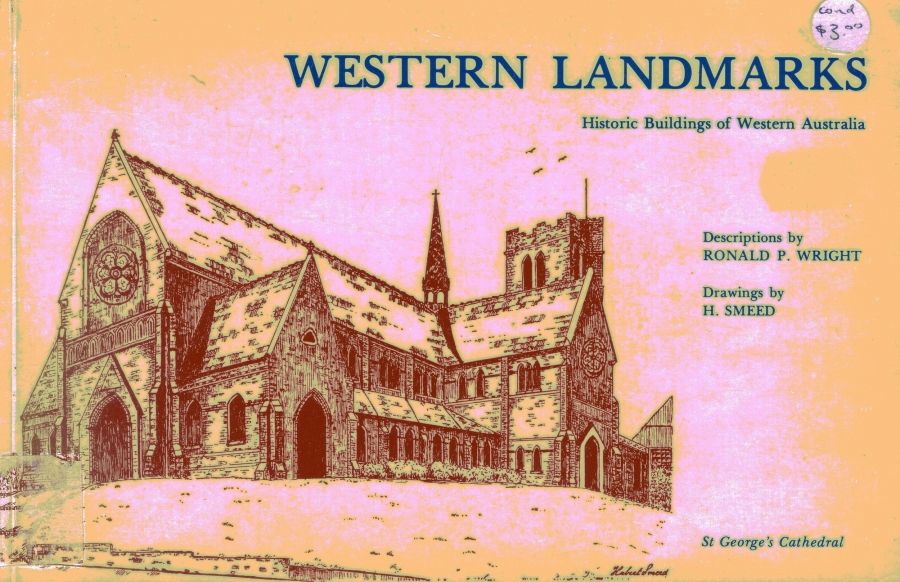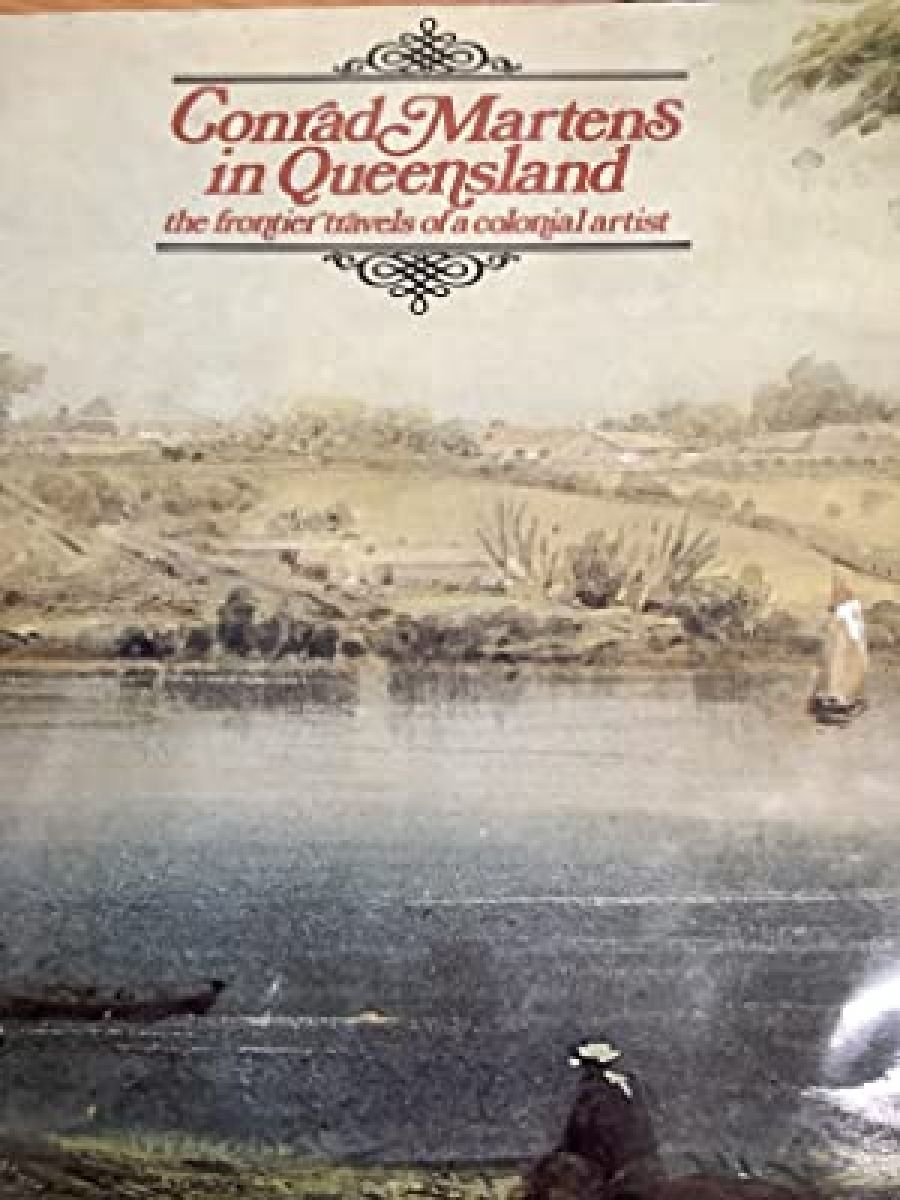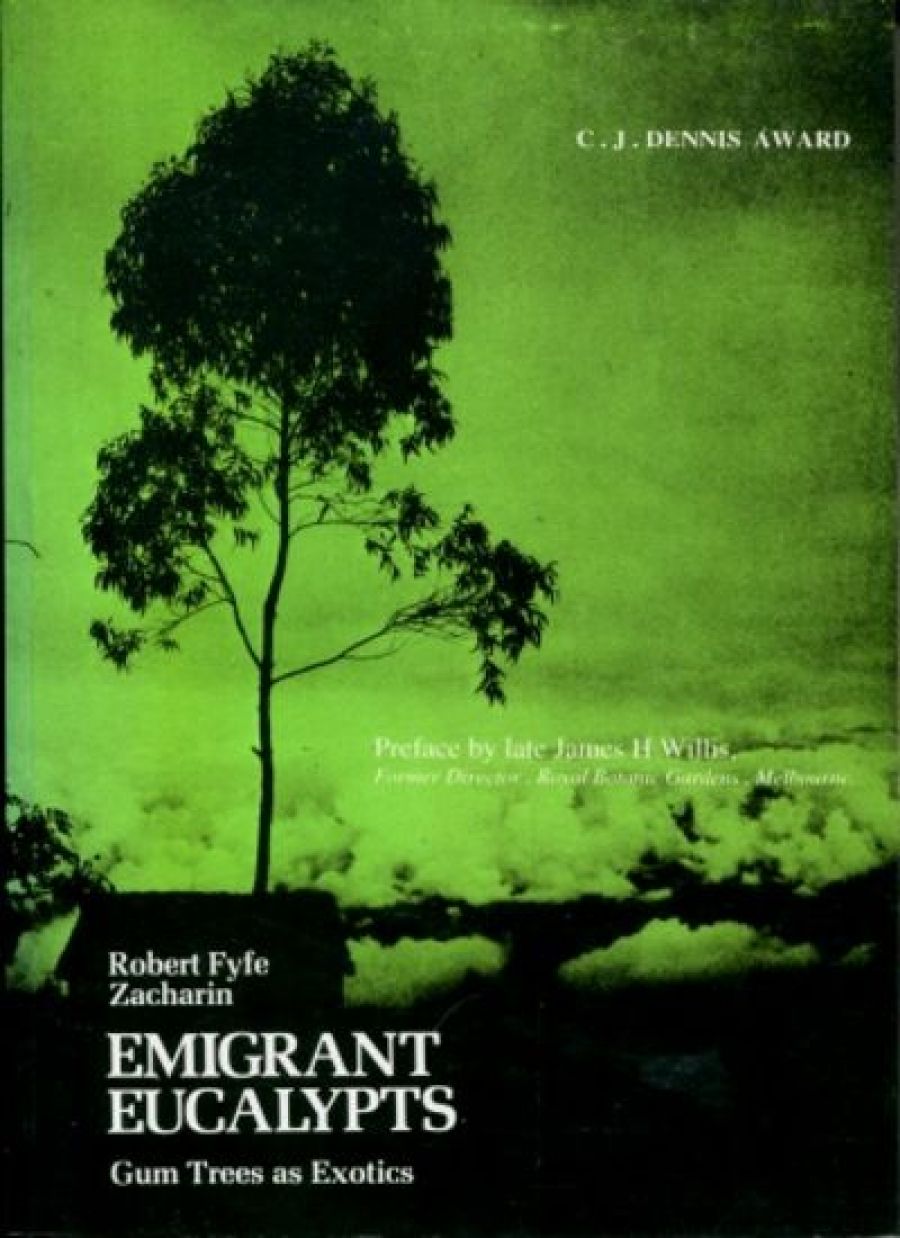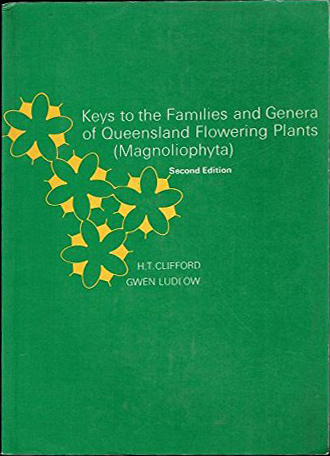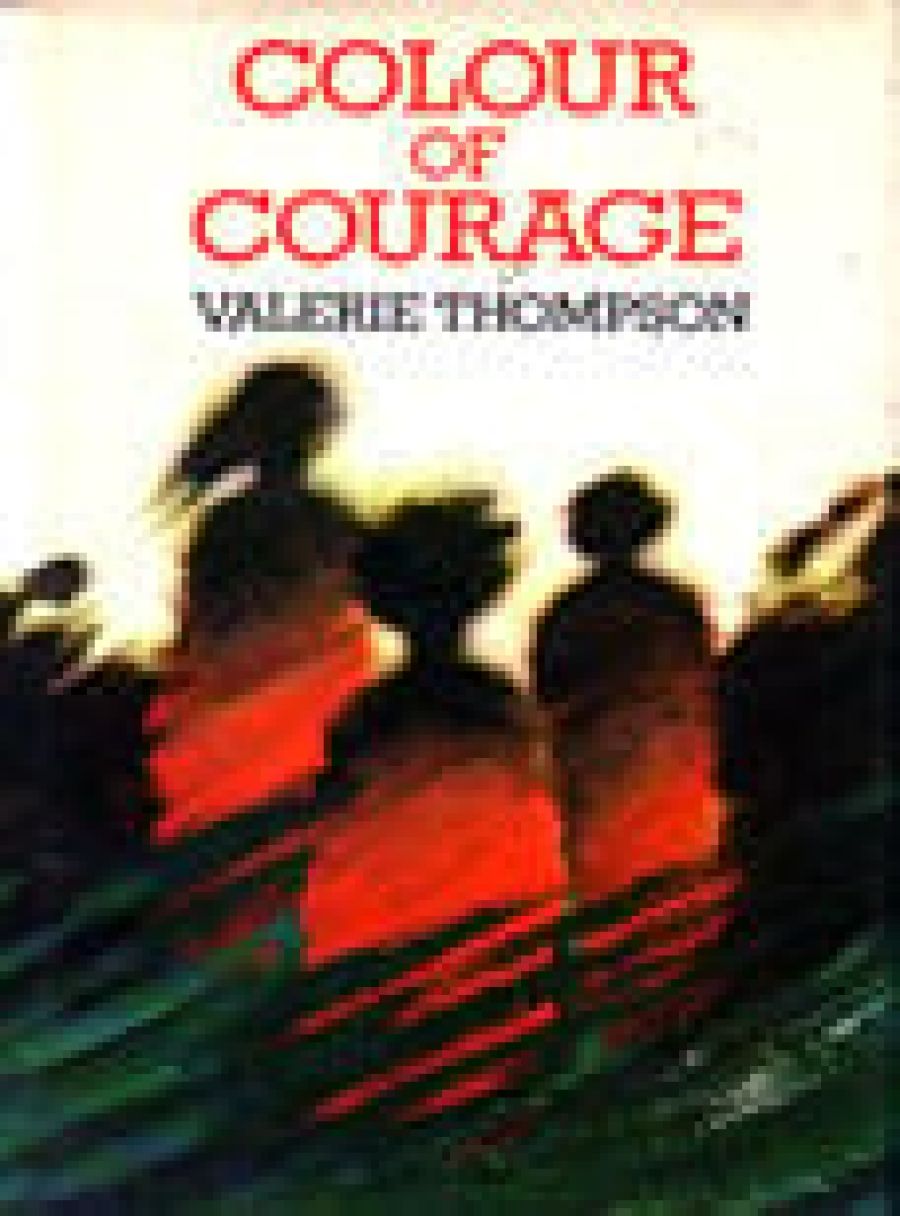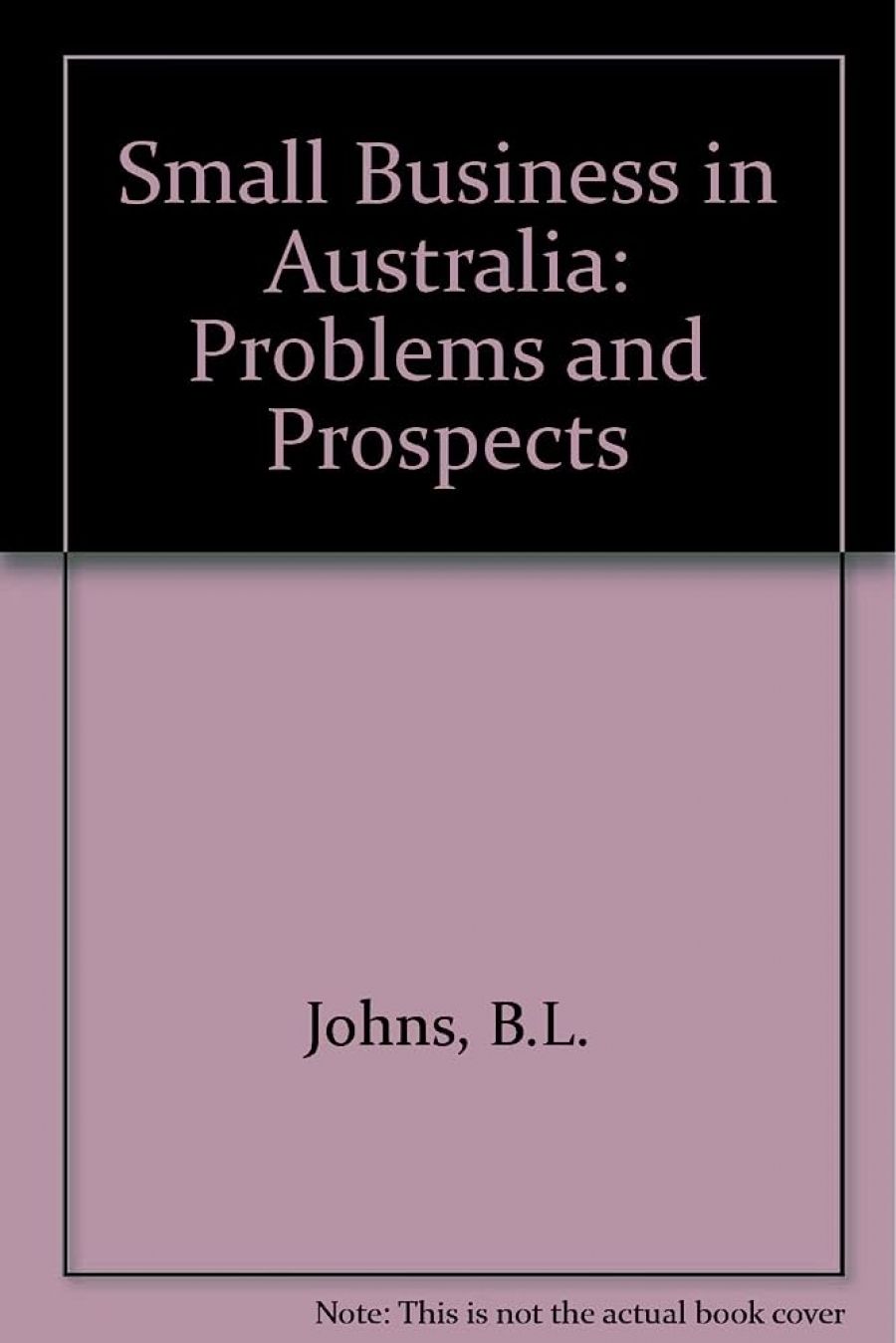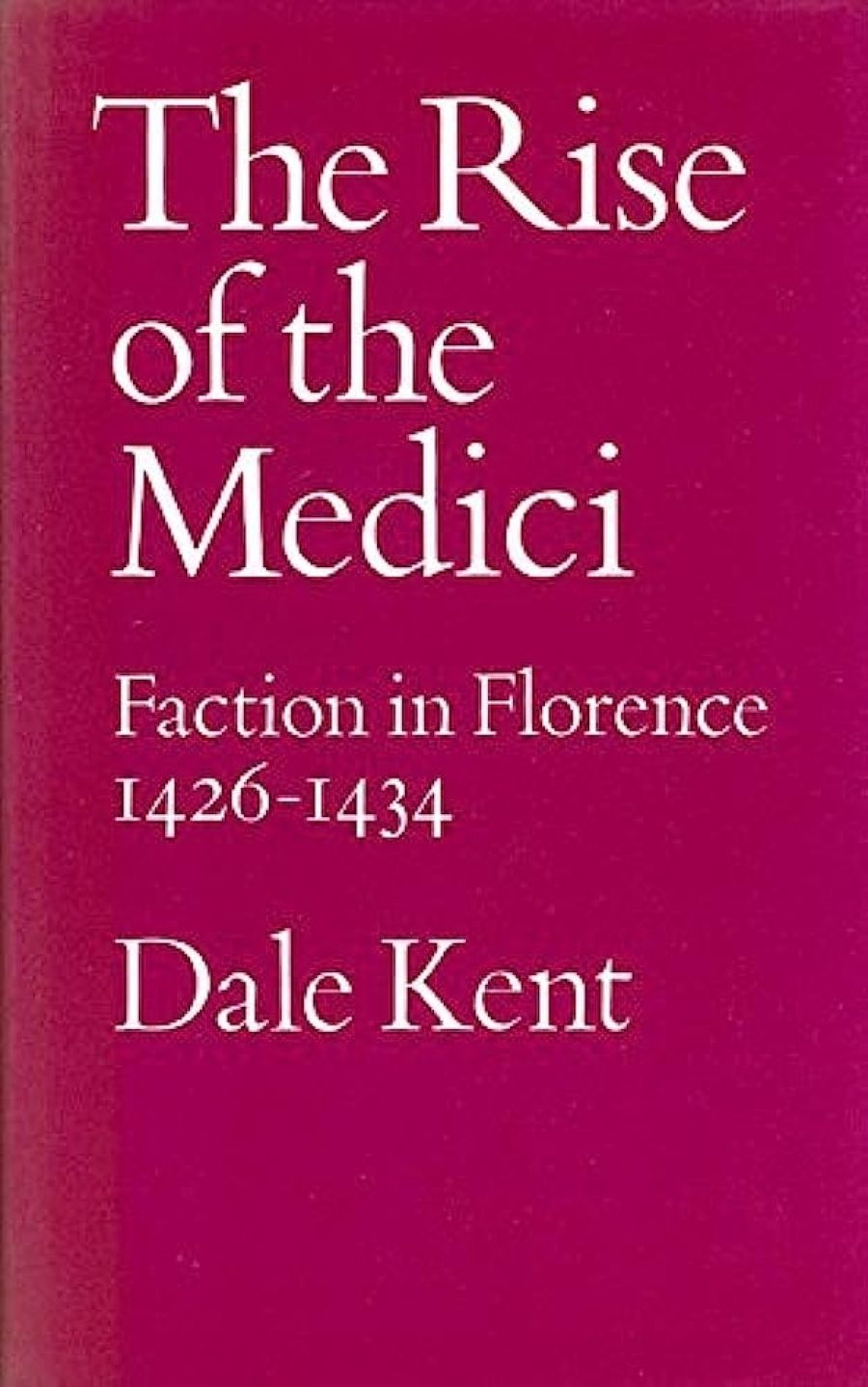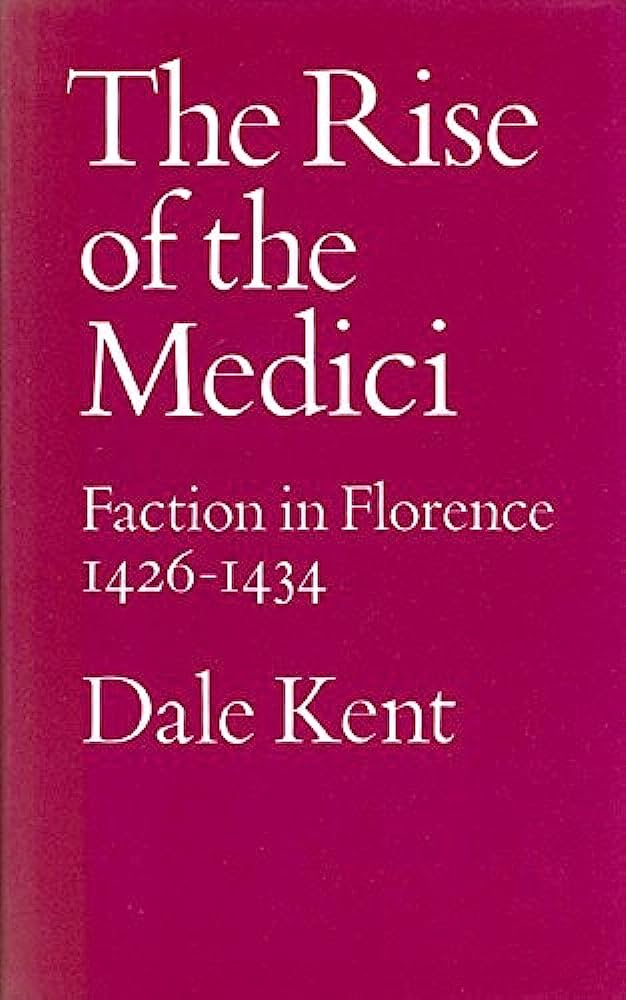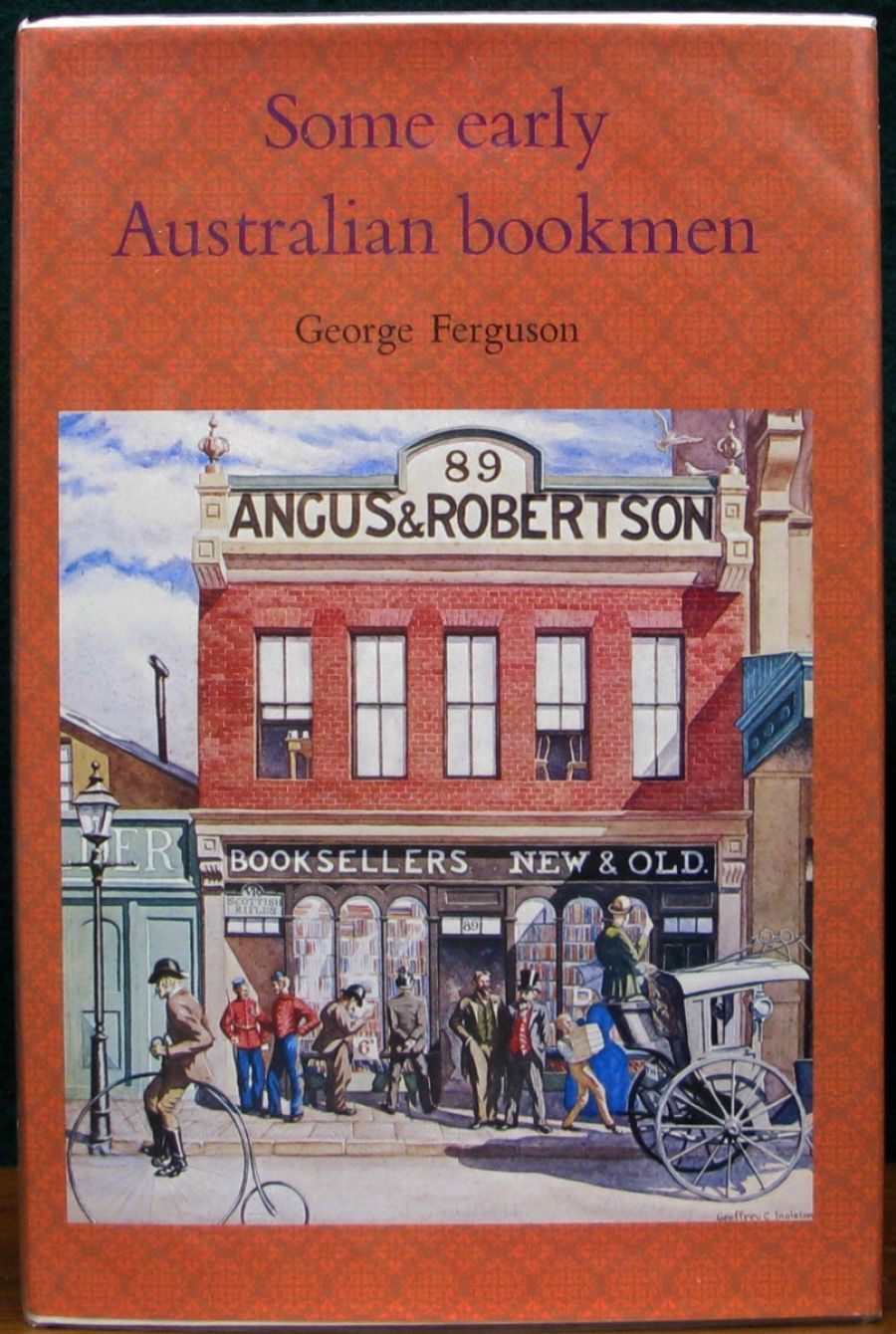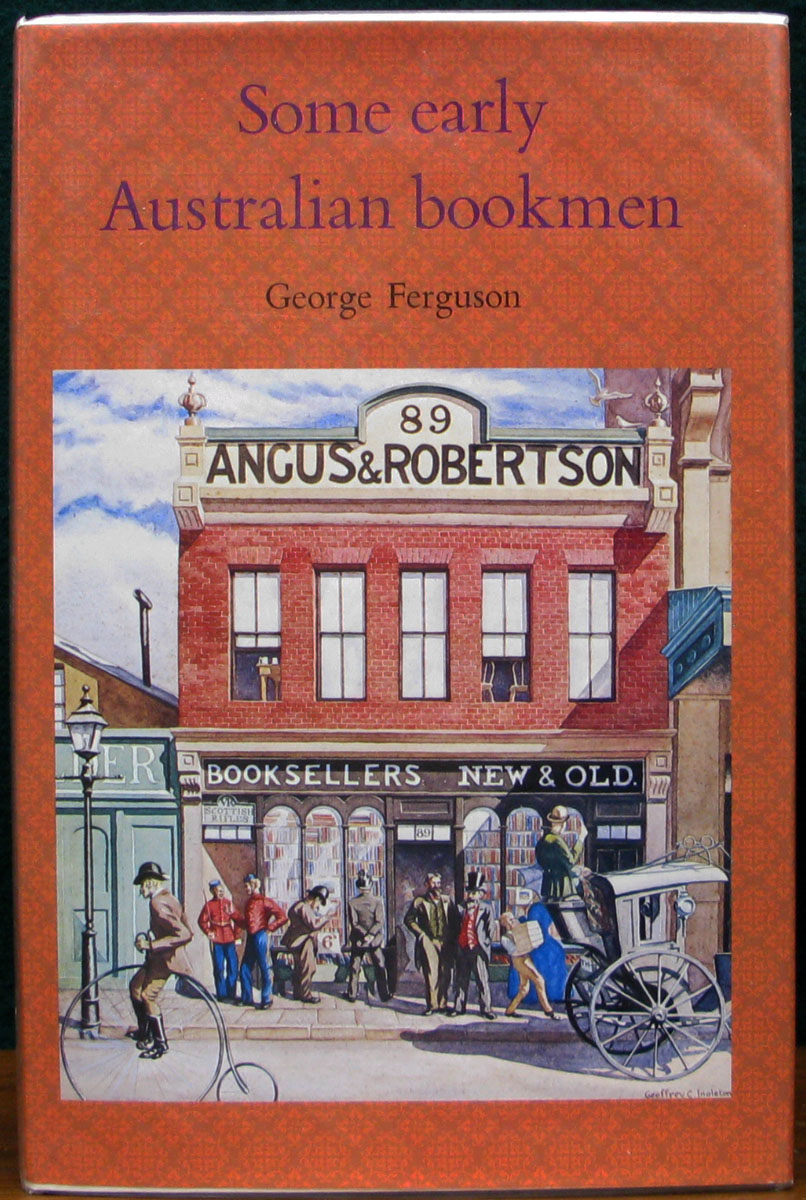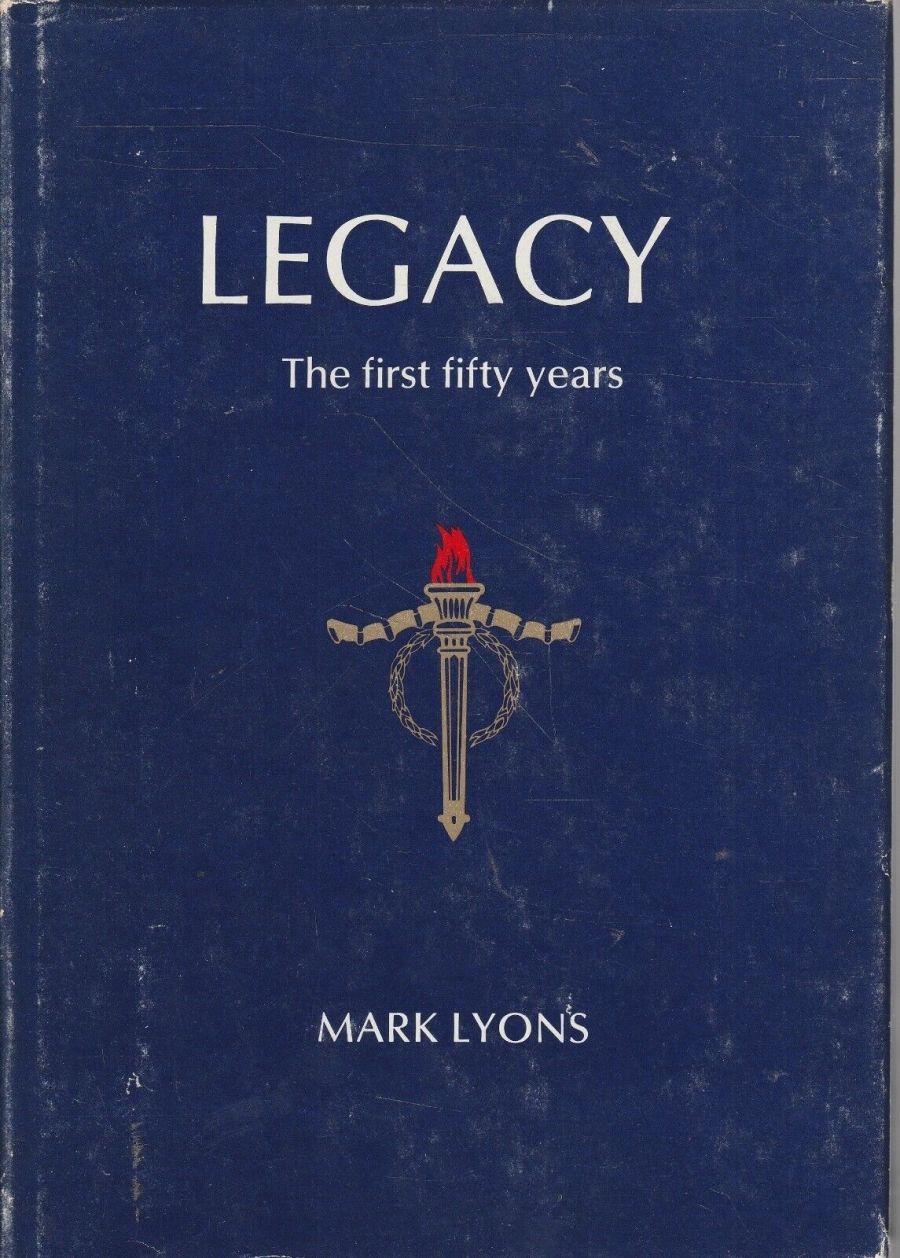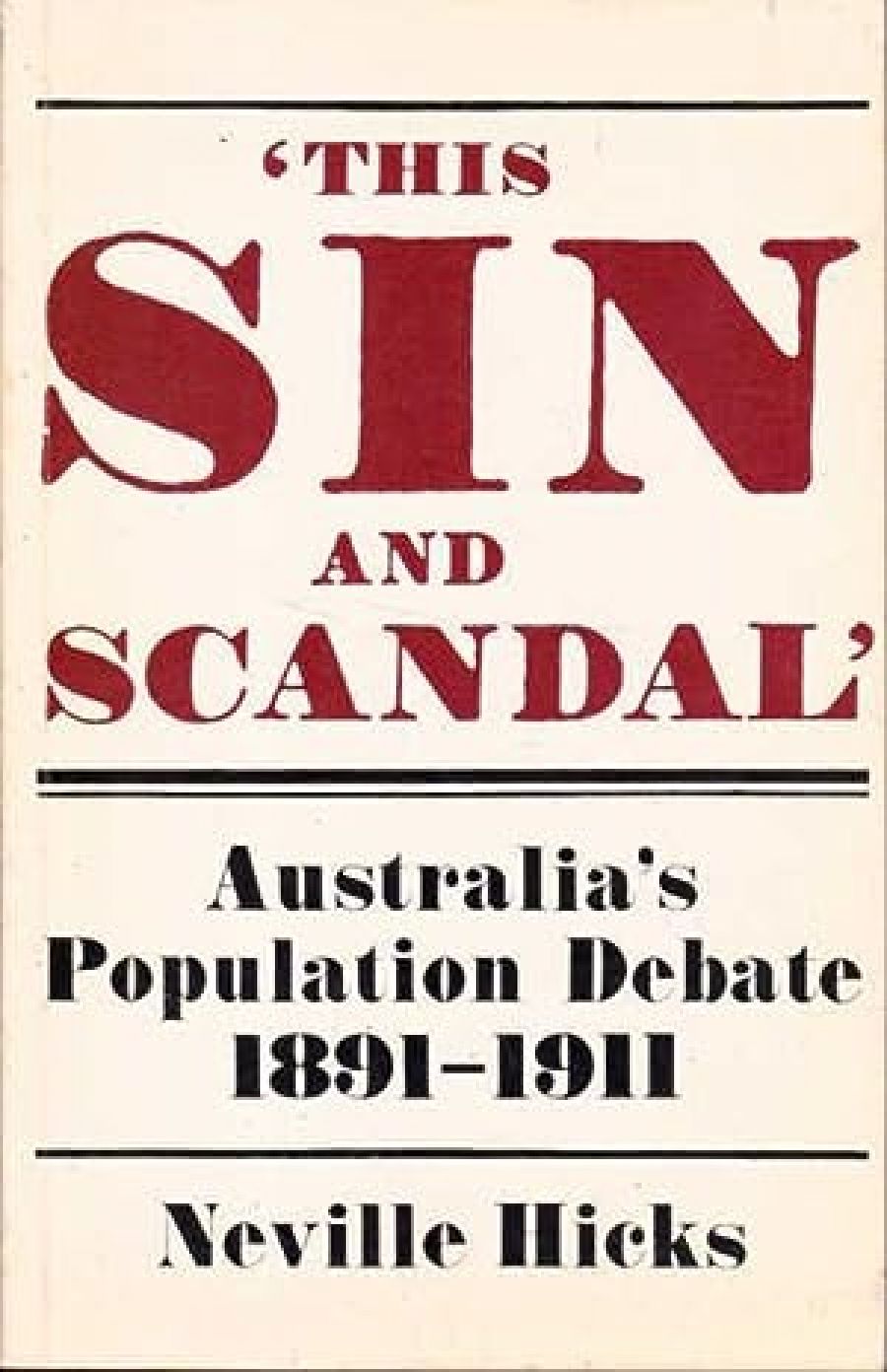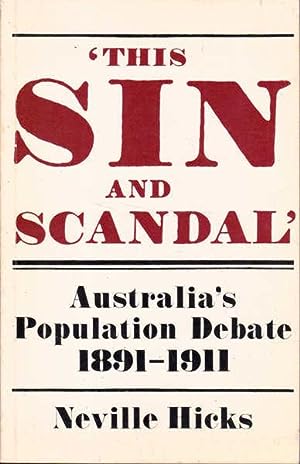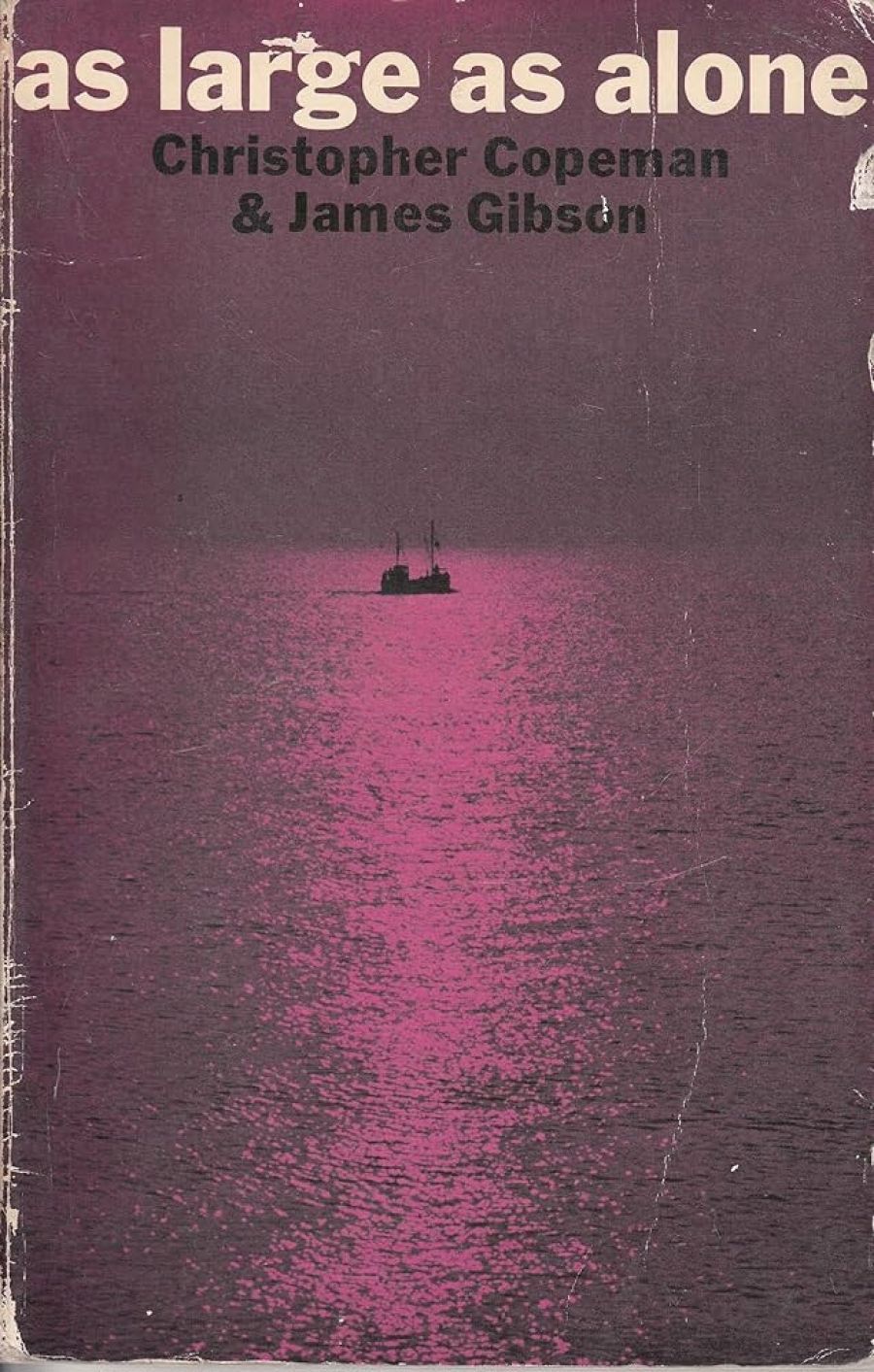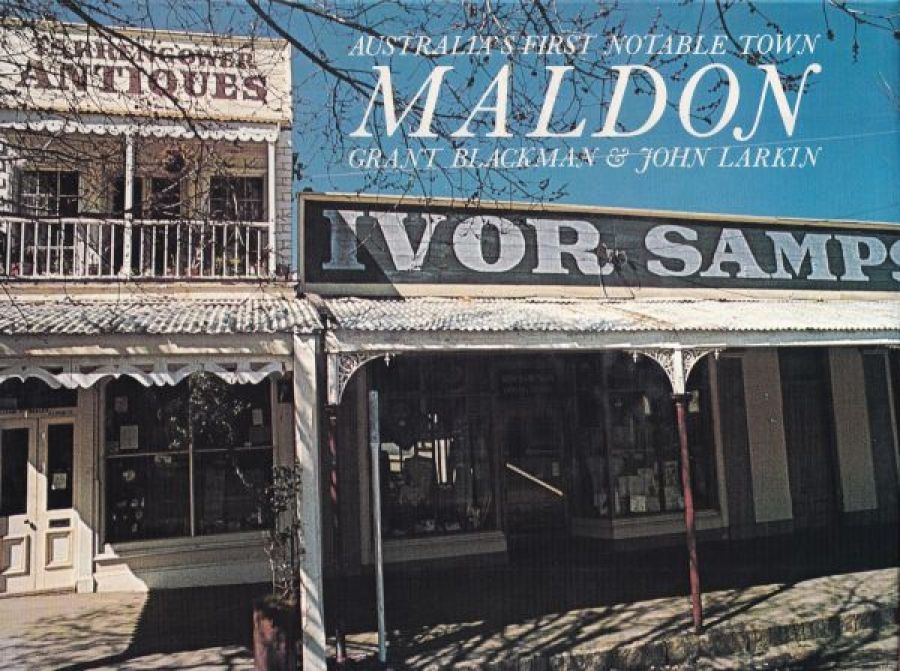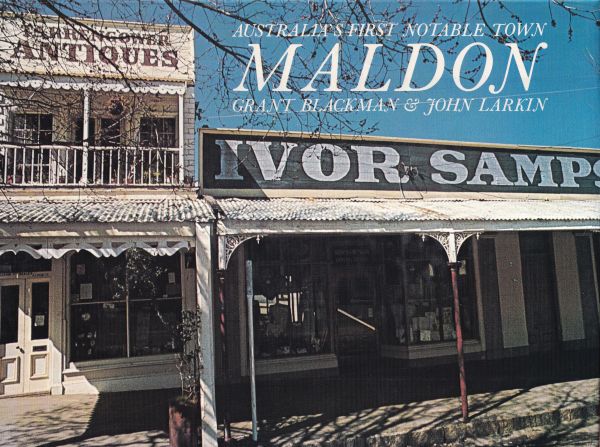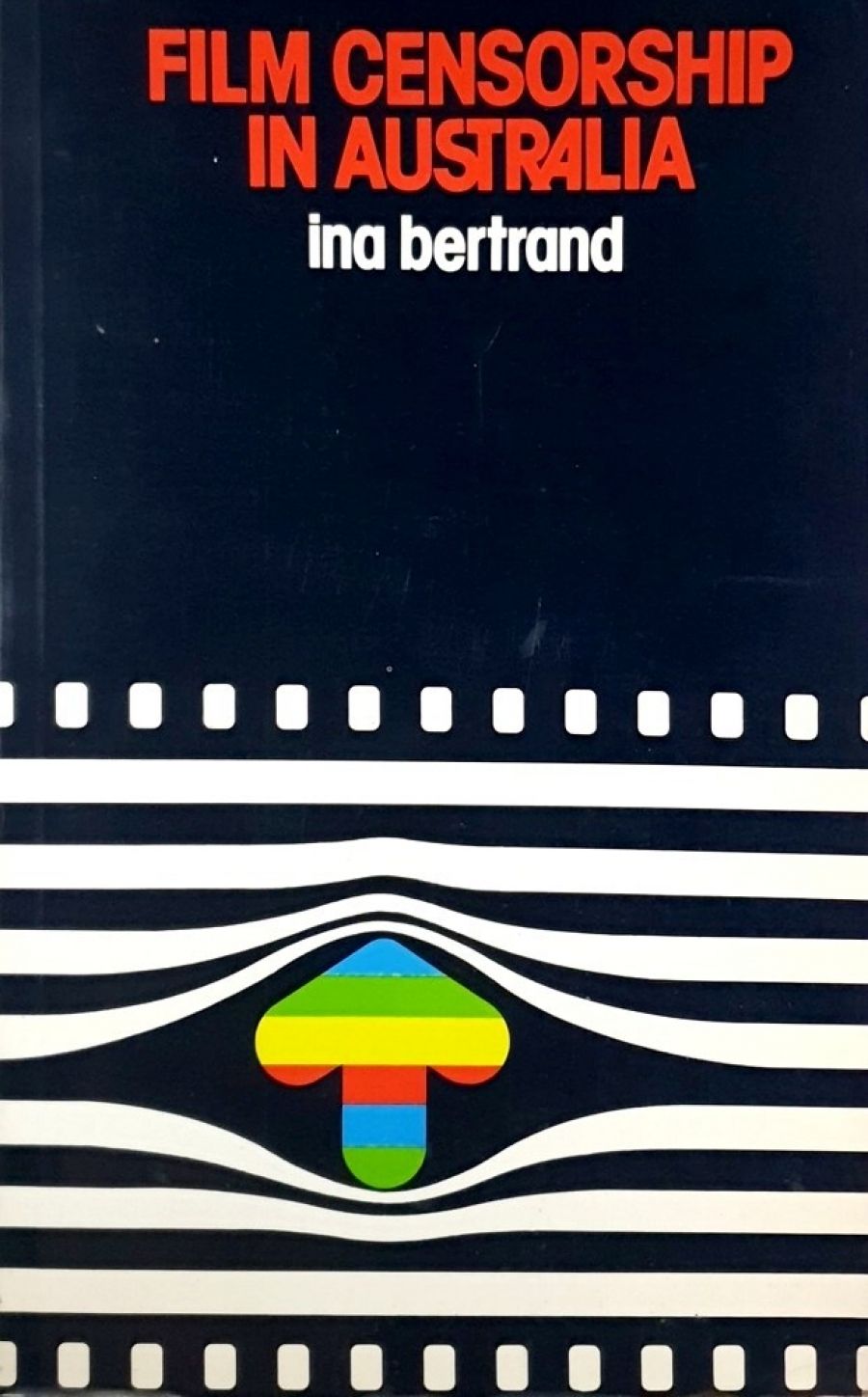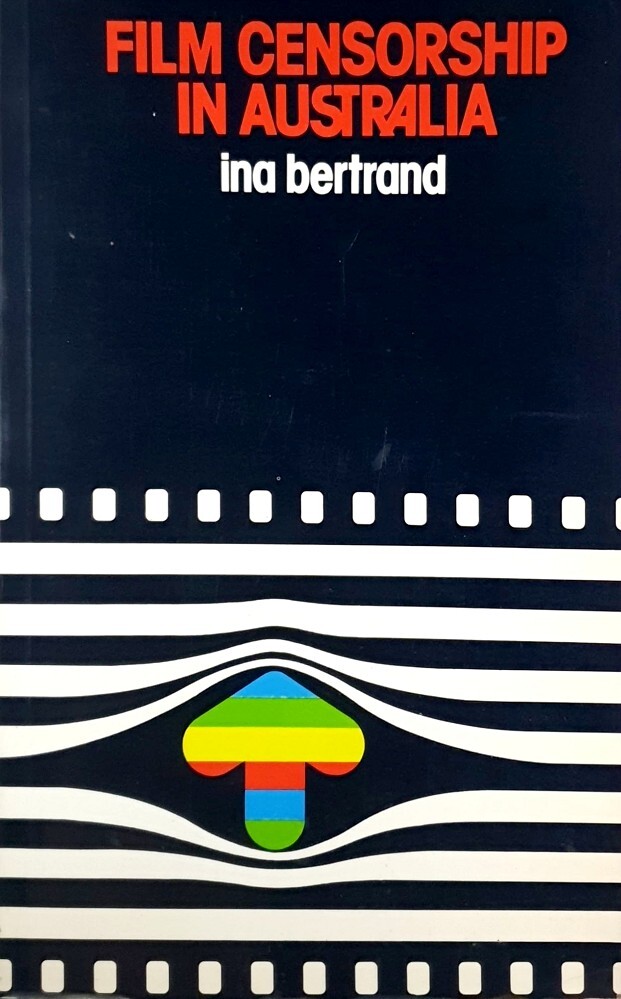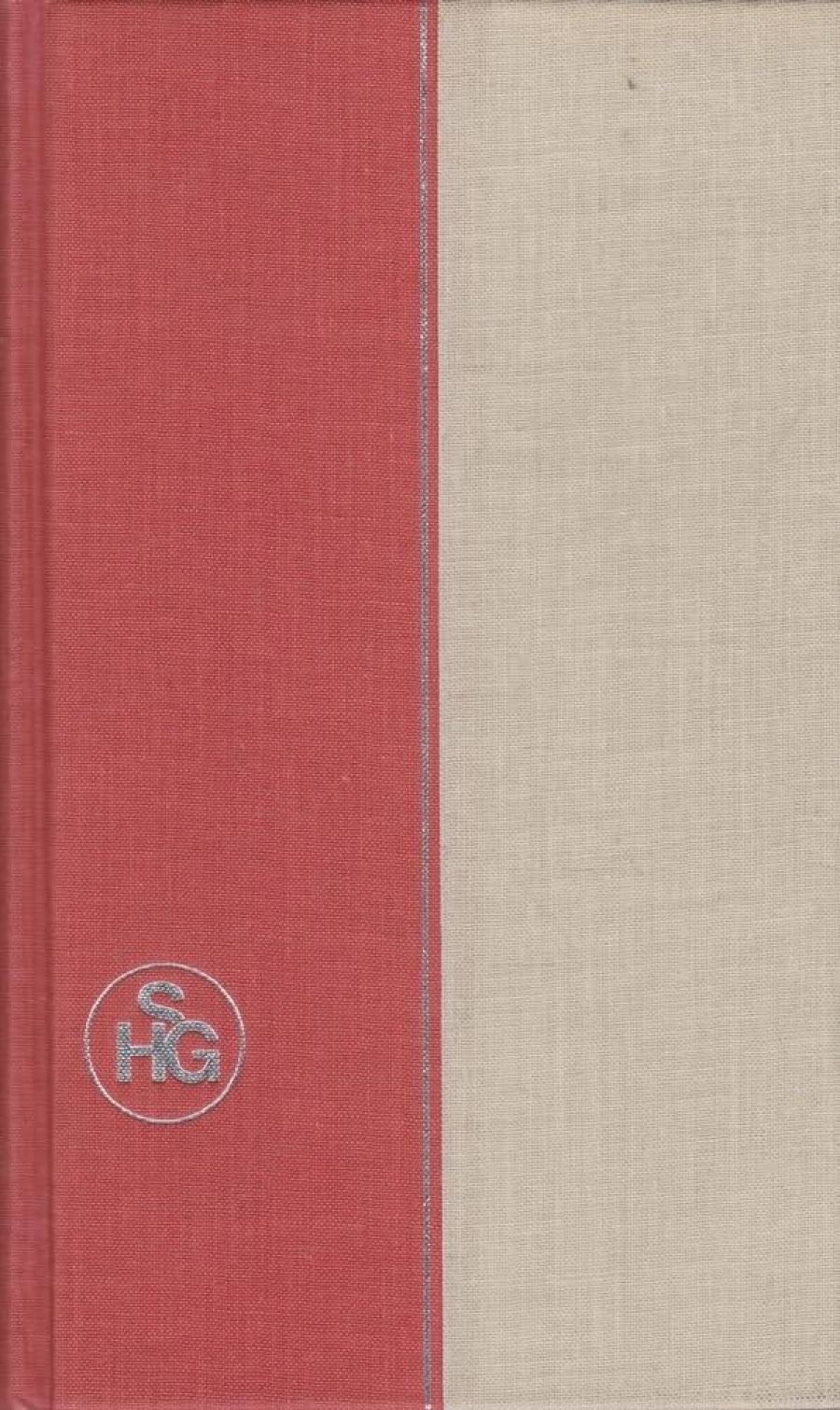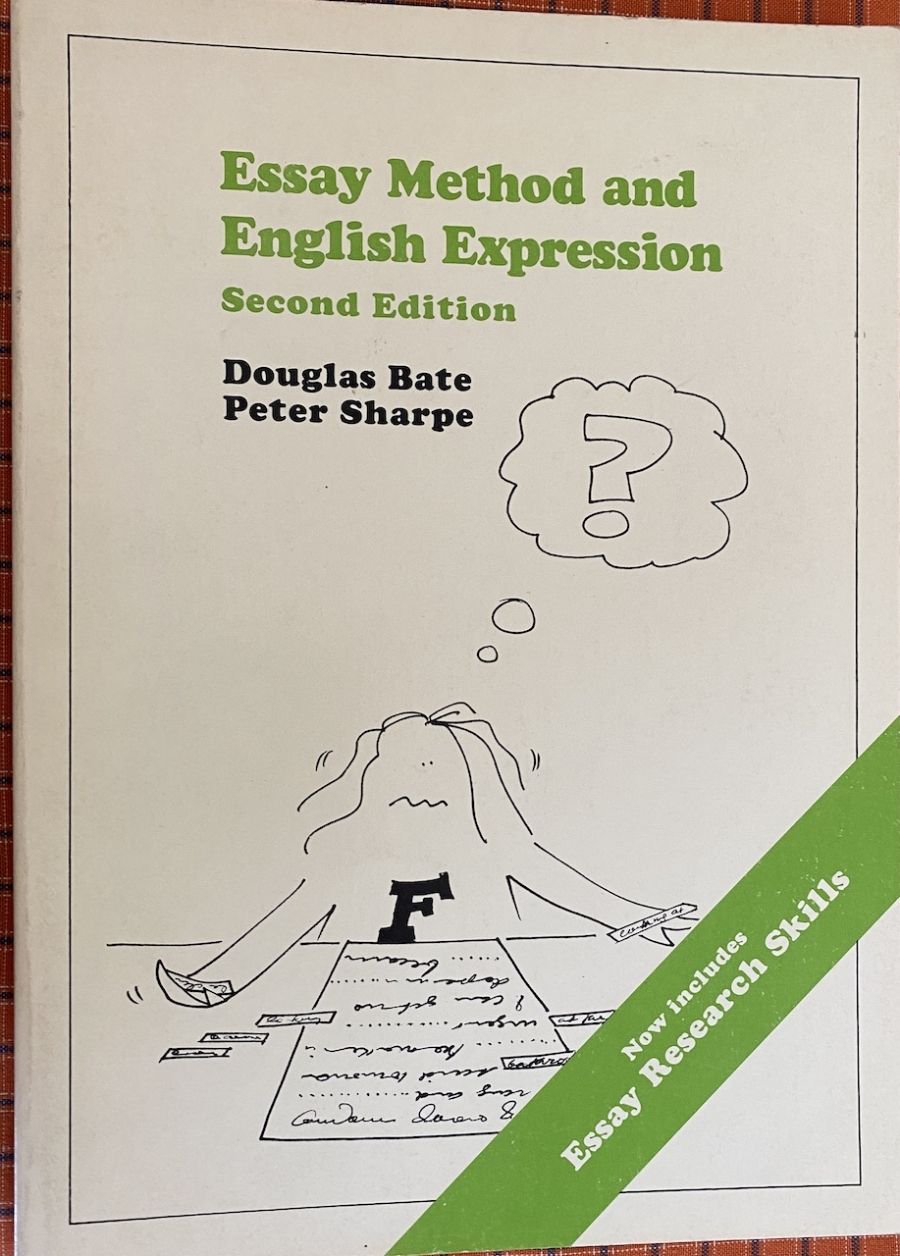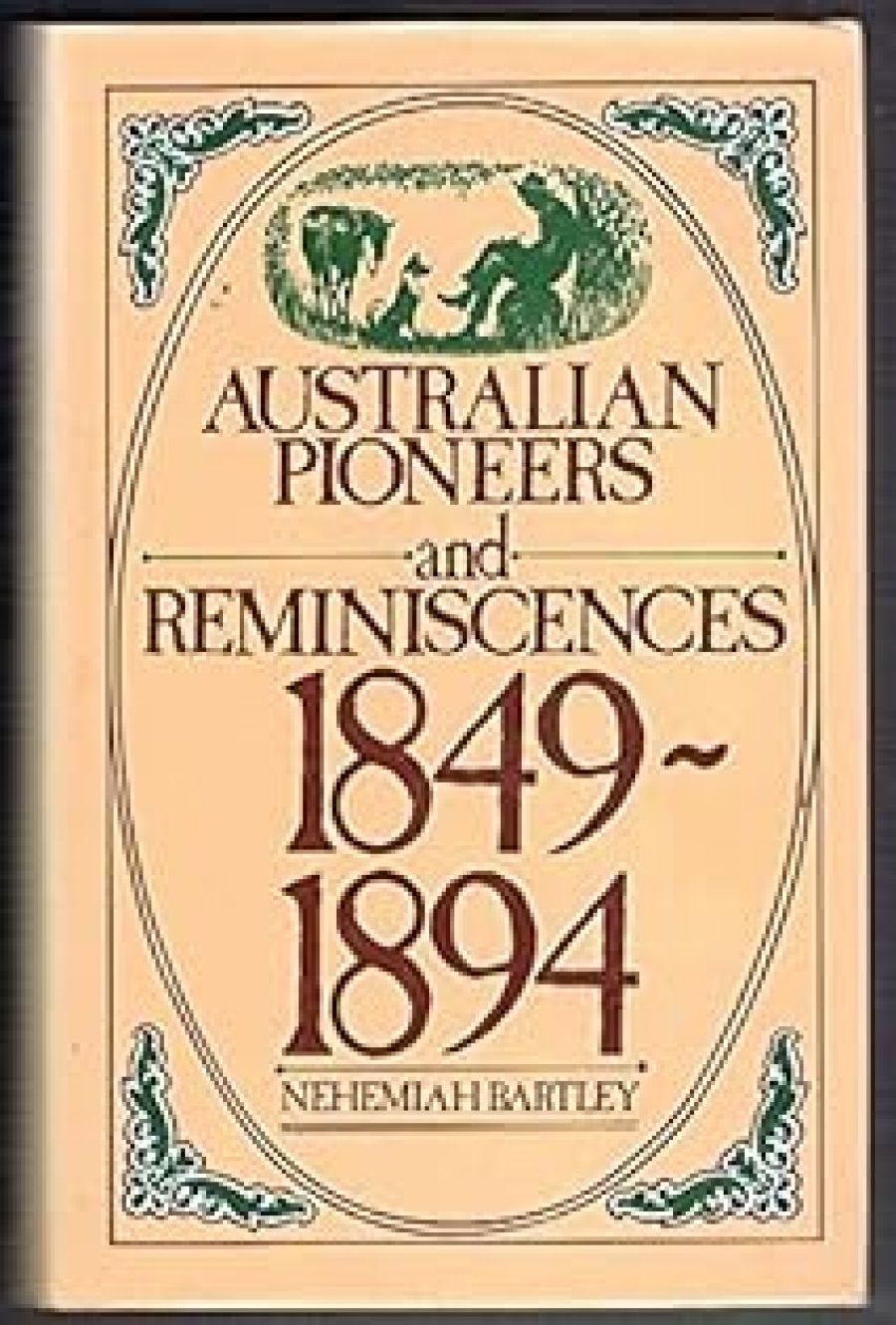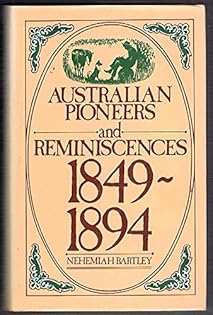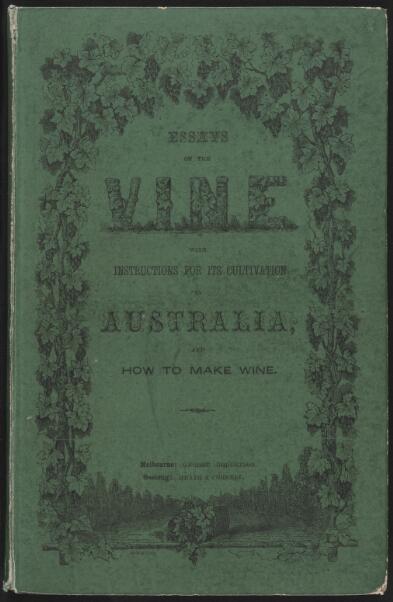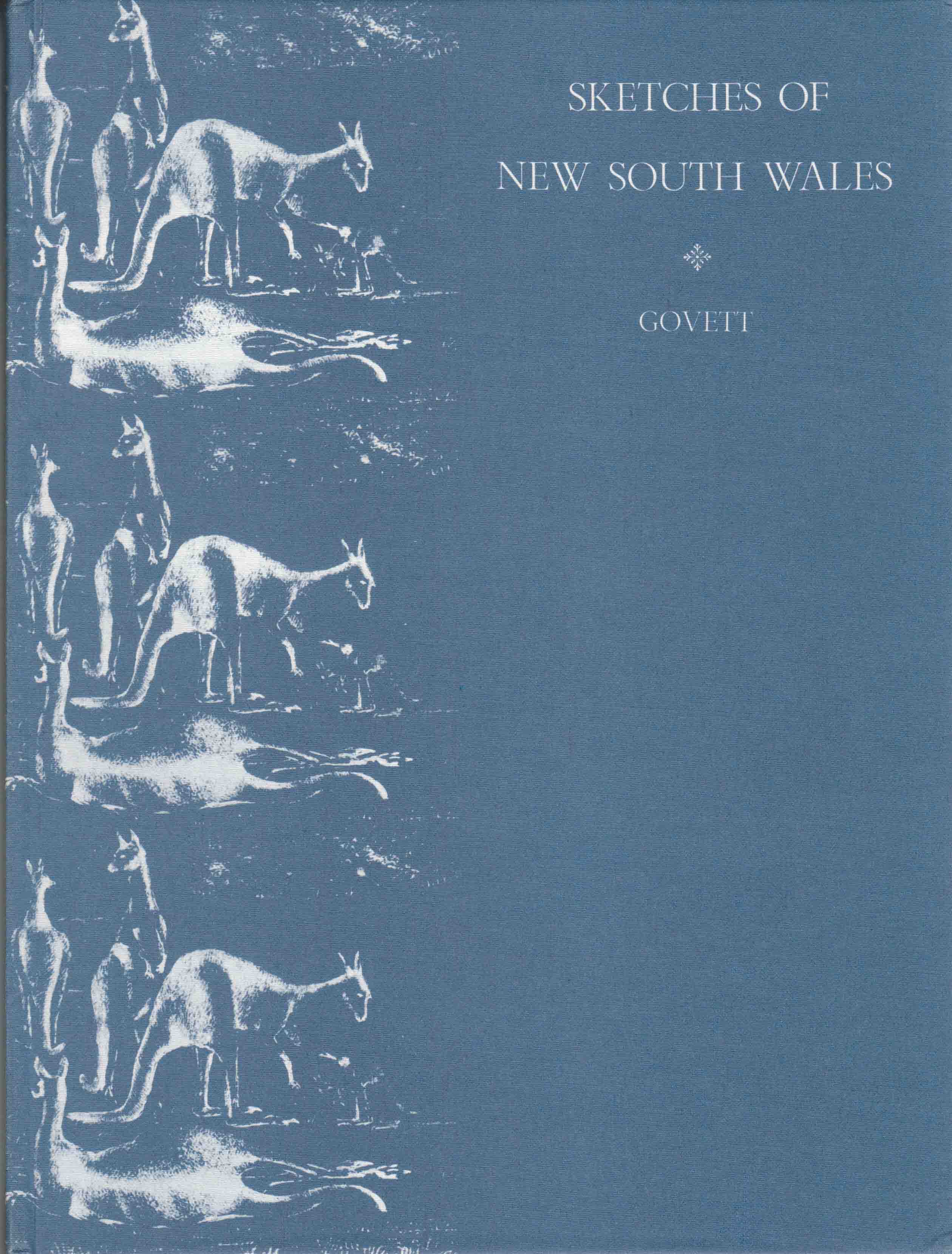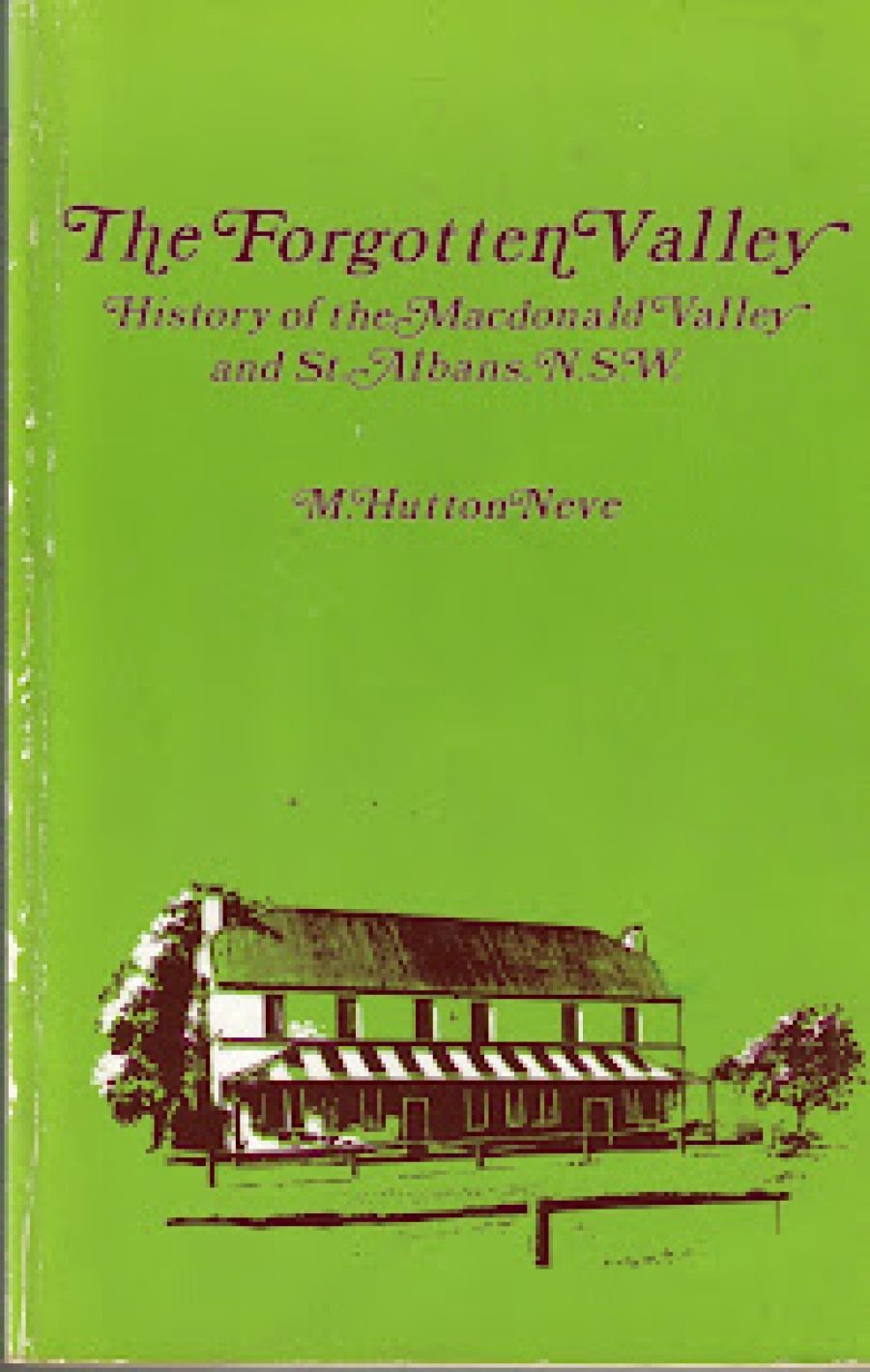
- Free Article: No
- Contents Category: Australian History
- Review Article: Yes
- Article Title: Pioneering in Microcosm
- Online Only: No
- Custom Highlight Text:
Within three hours motoring of Sydney is a wild and lovely valley of forgotten history, where pioneer settlers sleep in forlornly neglected small cemeteries, or whose headstones mark their resting place on the original land grants. The Macdonald River meanders shallowly through farmlands and past a few scattered cottages; above tower the enclosing mountains bush-clad and rock-strewn; overall there seems to emanate a strangely disturbing restlessness as if the disembodied spirits of the first pioneers still exert an unseen influence in the once life-pulsating Valley.
- Book 1 Title: The Forgotten Valley
- Book 1 Biblio: Library of Australian History, $14.00, 147 pp
Within three hours motoring of Sydney is a wild and lovely valley of forgotten history, where pioneer settlers sleep in forlornly neglected small cemeteries, or whose headstones mark their resting place on the original land grants. The Macdonald River meanders shallowly through farmlands and past a few scattered cottages; above tower the enclosing mountains bush-clad and rock-strewn; overall there seems to emanate a strangely disturbing restlessness as if the disembodied spirits of the first pioneers still exert an unseen influence in the once life-pulsating Valley.
To explore the Valley, most motorists cross the Hawkesbury River at the western end of Wiseman’s Ferry, taking the Webb’s Creek punt to connect with the Bulga Road to the tiny village of St Albans.
Read more: Martin Smith reviews 'The Forgotten Valley' by Marjory Hutton Neve
Write comment (0 Comments)

